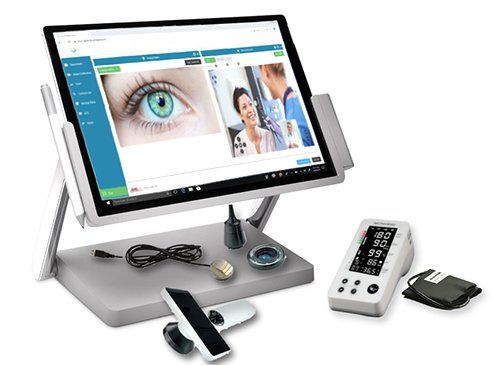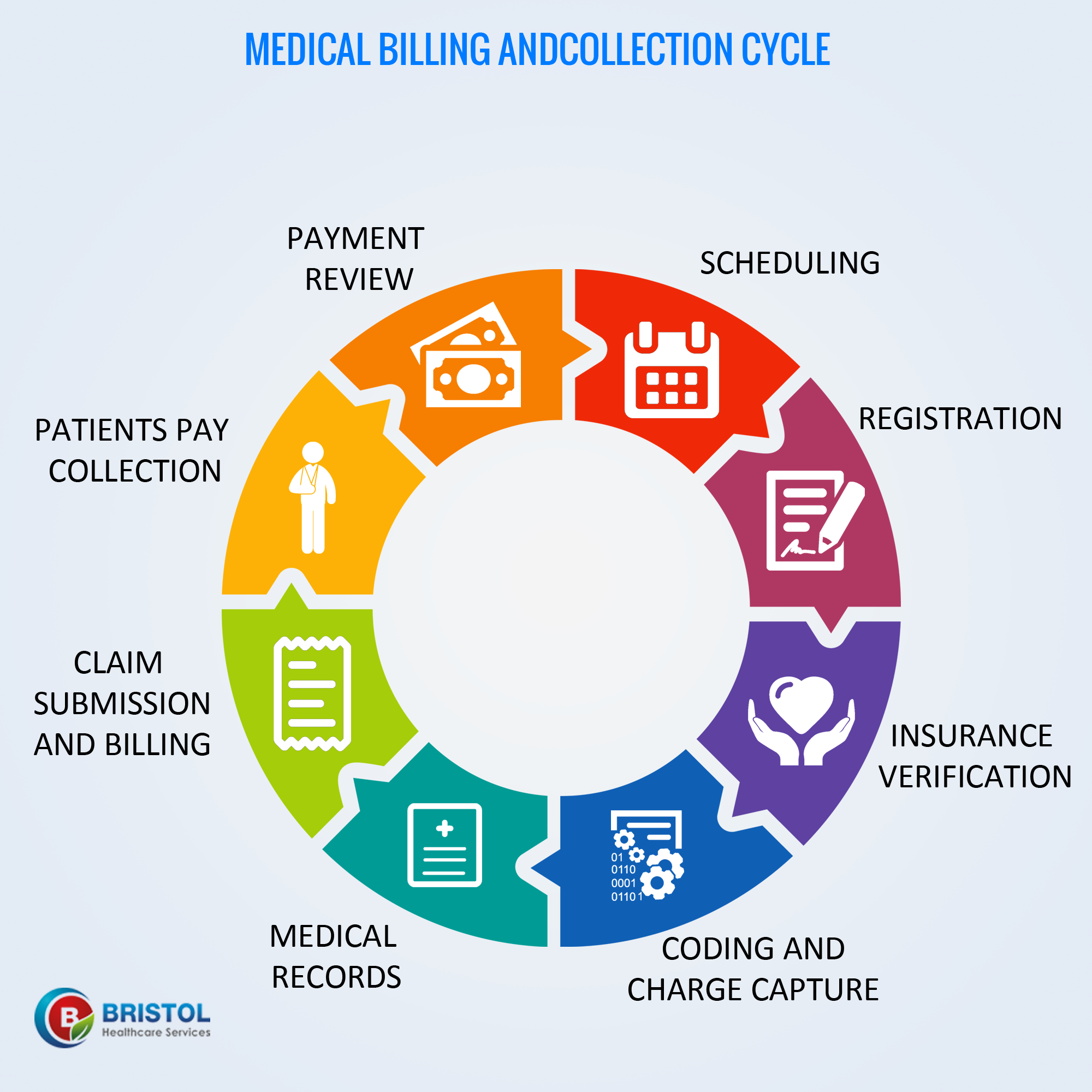
Telemedicine Solutions for Healthcare Providers
admin
- 0
In recent years, telemedicine has emerged as a game-changer in the healthcare industry. It provides healthcare providers with innovative solutions to offer virtual consultations and remote healthcare services. This article explores the various telemedicine solutions available for healthcare providers, their benefits, and their impact on patient care.
Teleconsultations
Teleconsultations enable healthcare providers to conduct virtual appointments and consultations with their patients. Through secure video conferencing platforms, patients can communicate with healthcare professionals in real-time, discussing medical concerns, diagnosing conditions, and receiving recommendations for further treatment or referrals.
Remote Monitoring
Remote monitoring is a telemedicine solution that allows healthcare providers to track their patients’ vital signs, symptoms, and overall health conditions from a distance. With the help of specialized medical devices and wearable technology, patients can easily measure their blood pressure, heart rate, blood glucose level, and more, transmitting the data to their healthcare providers. This enables healthcare providers to continuously monitor their patients’ health status, detect any significant changes, and provide timely interventions.
Electronic Health Records (EHR) Integration
Telemedicine solutions often come with EHR integration, allowing healthcare providers to seamlessly access patient records and medical history during virtual consultations. This streamlines the consultation process, enabling healthcare providers to review past records, update information, and make informed decisions based on a patient’s medical history and current condition. EHR integration also enhances coordination between different healthcare providers and improves overall patient care.
Mobile Applications
Mobile applications are becoming increasingly popular and provide healthcare providers with an efficient telemedicine solution. These apps allow patients to access virtual consultations, schedule appointments, request prescription refills, and even track their overall health using their smartphones. Healthcare providers can utilize these applications to offer personalized care plans, reminders, and health education materials. Mobile apps also contribute to patient engagement and empowerment.
Telepharmacy
Telepharmacy is a telemedicine solution that allows healthcare providers to deliver pharmaceutical care remotely. It involves pharmacists remotely reviewing and managing patients’ medication regimens, providing counseling, and ensuring medication adherence. Through secure video calls or phone consultations, patients can consult pharmacists regarding their medication queries, potential drug interactions, and side effects. Telepharmacy helps healthcare providers optimize medication therapy management and improves patient medication adherence.
Benefits of Telemedicine Solutions
Implementing telemedicine solutions offers numerous advantages for healthcare providers:
Expanded access to healthcare services, especially for rural or underserved areas.
Reduced healthcare costs for both patients and providers.
Improved patient satisfaction and convenience with virtual appointments.
Enhanced collaboration and coordination among healthcare professionals.
Minimized wait times and decreased patient no-show rates.
Reduced exposure to contagious diseases in healthcare settings.
Conclusion
Telemedicine solutions have transformed the way healthcare providers deliver care to their patients. Through teleconsultations, remote monitoring, EHR integration, mobile applications, and telepharmacy, healthcare providers can offer high-quality care, expand access to healthcare services, and improve patient outcomes. Embracing telemedicine is vital in advancing healthcare delivery and ensuring accessible and convenient healthcare for all.
